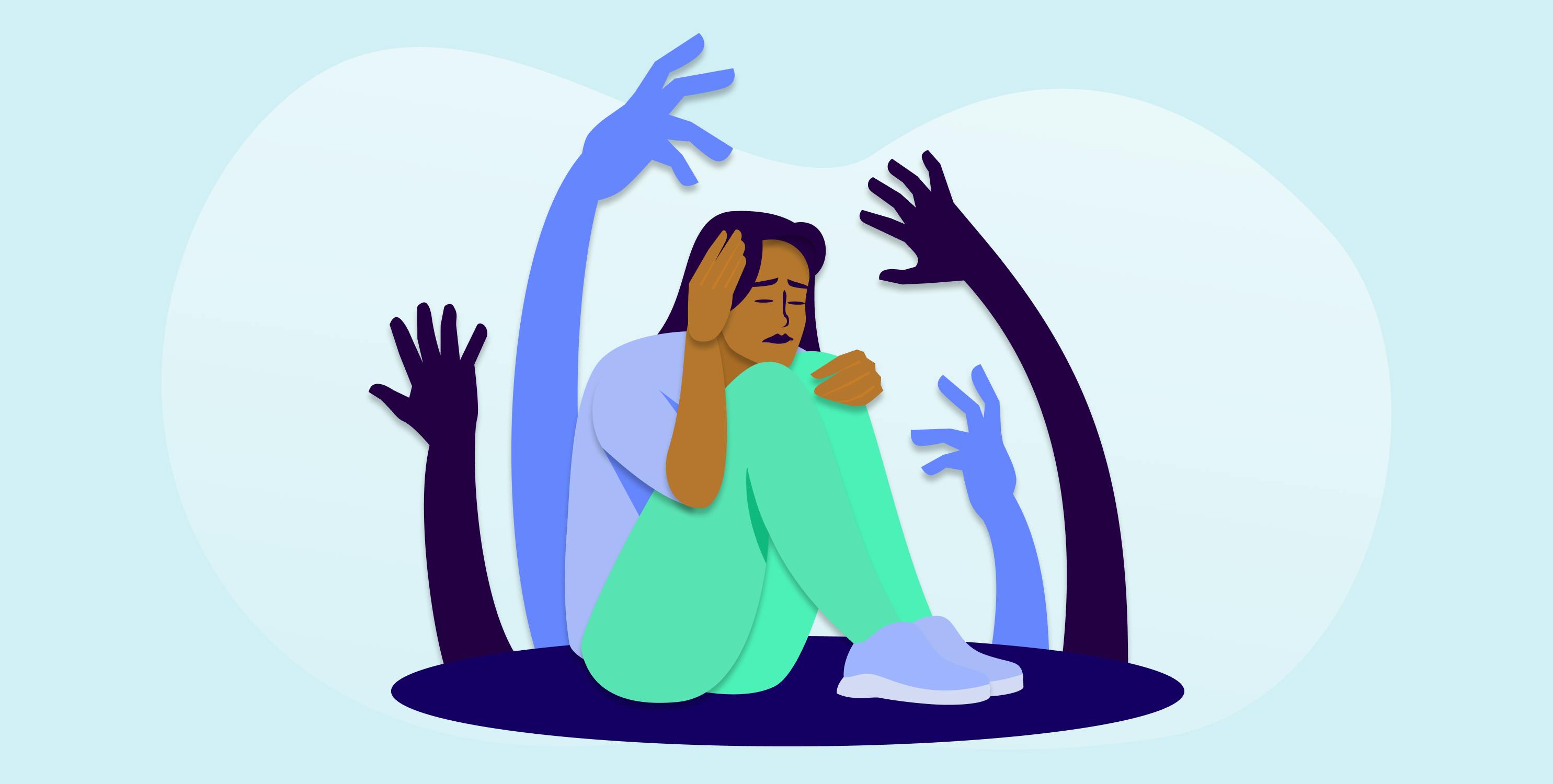Obsessive-Compulsive Disorder (OCD)

You can download the Obsessive-Compulsive Disorder (OCD) resource HERE, or continue to view it below.
What are Obsessions?
Obsessions are thoughts, images, and impulses that intrusively come into a person’s mind, which often cause distress, as the thoughts, images, and impulses are not wanted.
Examples of OCD obsessions:
Losing control (hurting yourself or someone else)
Contamination (disease, chemicals)
Sexual (unwanted sexual thoughts or images)
Harm (having a fear of hurting other people by not being careful enough)
Religion (worried about offending God)
Perfectionism (worried about exactness or orderliness)
What are Obsessions?
Compulsions are actions that a person takes in response to their obsessions, in order to reduce distress, and often take up excessive amounts of time throughout the day.
Examples of OCD compulsions:
Repeated checking (checking that something terrible didn’t happen)
Washing and cleaning (excessively washing your hands/ grooming)
Mental compulsions (praying to prevent harm)
Repeating (repeating activities/body movements)
People who experience OCD may have the goal of reducing anxiety, or believing their actions/thoughts will prevent a dreaded outcome, even when there is no realistic connection.
It is believed that people who experience OCD are between 1 and 2 people out of 100 every year. Effective treatments can include cognitive behavioral therapy (CBT) and exposure and response prevention (ERP). Research also shows that combining therapy with medication can help with a faster recovery.
12 Tips to Overcoming OCD
1. Set goals for recovery. For example: “I want to be able to use public toilets by [this date]”, or “I want to be able to leave home without checking everything is locked 8 times”.
2. Learn about intrusive thoughts. For example, did you know intrusive thoughts are normal? Everybody has them, but in OCD, intrusive thoughts are interpreted as being personally significant, are more frequent, and cause significant distress.
3. Monitor your obsessions and compulsions. For example, use a journal to note your triggers, as well as how you feel and act after experiencing the trigger.
4. Pay attention to obsessive thoughts, mindfully. Instead of trying to fight obsessive thoughts, try noting, “I’m obsessing” or “that was an intrusive thought”, then return your attention to the immediate environment. See Thought Noting.
5. Remember that trying to “not think” about thoughts will often have the opposite effect. In ERP, it’s actually helpful and encouraged to allow the thoughts to happen without resistance or engaging in a compulsion to reduce the distress.
6. Challenge all-or-nothing thinking (black-and-white). Experiencing a set back does not mean you have failed; instead, acknowledge the progress that you have made, no matter how small.
7. Get support, but know that finding relief from symptoms is in your hands. Getting support from those around you, and trained professionals is helpful, but to fully overcome OCD, you have to put in the work.
8. Be aware of perfectionism, a common experience with OCD. For example, if you were to be assigned a homework assignment in therapy, challenge any personal rules around needing to complete it perfectly.
9. Remember that you have OCD. With OCD, it’s often very challenging to trust whether a thought is an obsession or not. So in recovery, it’s best to recognize most anxiety provoking thoughts as intrusive.
10. Be mindful that in OCD, it’s the compulsions that cause the most problems. While addressing underlying anxiety can be helpful, continuing compulsions will perpetuate anxiety.
11. Look at challenging situations as opportunities for growth. When facing a challenge, remind yourself, “this is an opportunity to practice the skills that I am learning.”
12. Be sure to recognize and be proud of your successes. Being mindful of your success will keep you motivated.
References:
https://iocdf.org/expert-opinions/25-tips-for-ocd-treatment/
https://positivepsychology.com/intrusive-thoughts/
Call 911 if you’re having a
mental health emergency
Text Home to 741-741 if you're in emotional
distress and need immediate support
Call or text 988 Suicide &
Crisis Lifeline. Chat service
is available at 988lifeline.org.